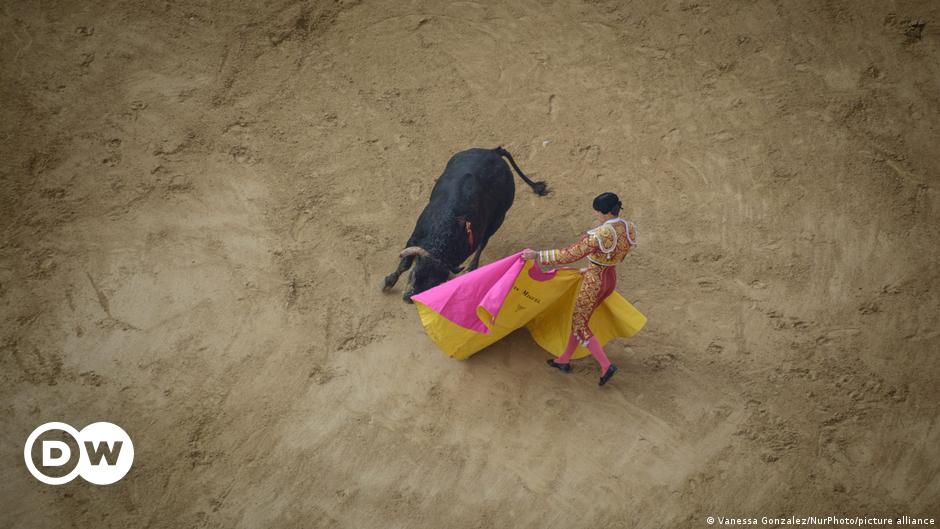- cross-posted to:
- [email protected]
- cross-posted to:
- [email protected]
Colombian lawmakers voted to ban bullfighting from 2027, sending the bill to the President Gustavo Petro for signing. Animal rights groups say the sport does not represent culture, but rather torture.
Colombia moved a step closer to outlawing bullfighting on Tuesday when its lower house of Congress voted 93-2 to ban the sport from 2027.
The move comes after years of lobbying from animal rights groups in various Latin American countries as well as in Portugal and Spain, where the sport originated in its modern form.
Those calling for bans have argued that bullfighting is not a cultural tradition, but rather a relic of colonialism and a cruel form of torture.
The bill will now go to President Gustavo Petro’s desk, where he is expected to sign it into law.
On the social media platform X, Petro praised lawmakers for making clear that “death is not a spectacle.”
deleted by creator
First good news after a long morning scroll :-)
2027
just a few more years of animal torture, as a treat. Can anyone help me understand why it would take so long for a ban to happen?
Maybe to give the people in that industry time to find new work in a different one? But better than never.
But if you don’t piss a bull off and then stab it to death for being pissed off, what are people going to do for fun?
This is the best summary I could come up with:
Colombia moved a step closer to outlawing bullfighting on Tuesday when its lower house of Congress voted 93-2 to ban the sport from 2027.
The move comes after years of lobbying from animal rights groups in various Latin American countries as well as in Portugal and Spain, where the sport originated in its modern form.
Despite a 2018 Constitutional Court ruling that recognized bullfighting as part of the country’s cultural tradition, cities such as Bogota and Medellin put restrictions into place to outlaw the injuring of animals.
Traditionally, fighting bulls are bred to be aggressive and raised on great roaming meadows — belonging to large landowners — where they have no contact with humans until they are selected to be taken to the arena.
The International Humane Society, an animal rights group, estimates that globally roughly 180,000 bulls are killed in bullfights each year.
Those arguing against bans say they curb freedoms as well as harming not only employees involved in the industry, but also cities that will lose access to revenue spent by the millions of patrons who visit bullfights each year.
The original article contains 472 words, the summary contains 182 words. Saved 61%. I’m a bot and I’m open source!
spoiler
asdfasfasfasfas





